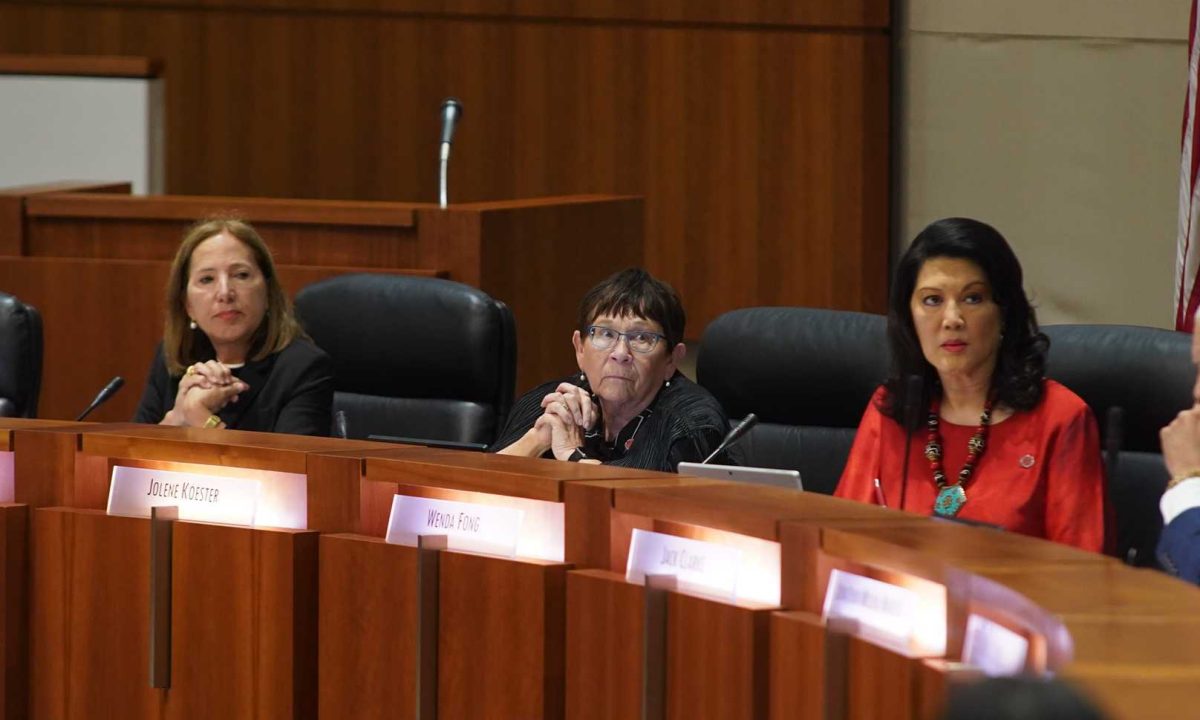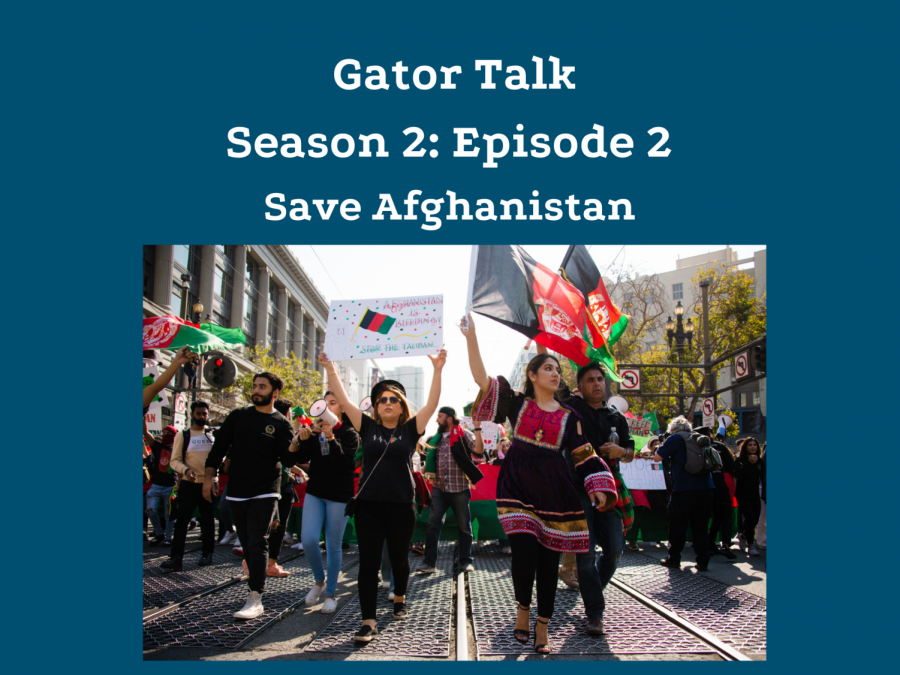His laid-back vibe and casual attire may fool you at first, but as soon as professor Serie McDougal speaks about his passion for teaching Africana Studies, his presence takes over the room. After traveling all over the country to pursue a Ph.D., he came to San Francisco specifically to be a mentor and educator for the Department of Africana Studies.
“These Africana studies classes gives [students] an opportunity to connect their intellectual and academic identify to their racial and ethnic identity,” McDougal said. “A lot of students experience that and they may take it for granted, but for black students, they don’t always get the chance to do that.”
Africana studies is defined as the critical and systematic study of people of African descent and their current and historical unfolding. McDougal explained it as studying African descent for the purpose of advancement in communities.
“It’s not really defined by the who or the what that’s being studied but the approach,” he said. “So it’s systematic in the sense that we have our own theories, concepts and ideas.”
McDougal also explained the impact the program has on students. According to him, African-American students are given a more valid cultural experience and they feel more confident in other classes.
“The teachers valued your special interest, building self-esteem and confidence,” said SF State alumnus Michael Roosevelt, who took classes back in 1975, when it was still called Black Studies.
“It was very impactful in my life,” said Roosevelt.
McDougal’s own interest peaked while getting his undergraduate degree at Loras College in Dubuque, Iowa.
It’s a very small town with about 1,600 students, according to McDougal, and there was maybe 40 black students.
After becoming president of the Black Student Union there, he advocated for a black student center and Africana studies courses. Having such a tight-knit group of students made it easier to connect through their common interest.
“We would travel to conferences every year and kind of developed close bonds,” he said. “It was a small number of students so we did a lot of things together and did programming. I guess I’m kind of doing the same thing now.”
McDougal is the former chair of the department for Africana Studies and is currently the advisor for the Black Student Union.
“He, more than any other faculty member, has strong commitment,” said Dr. Daniel Phil Gonzales, a professor in the Asian American Studies Department.
McDougal currently teaches a number of classes in the Africana Studies Department at SF State, but his research method class is a favorite of his. The class has students carry out a research method from beginning to end. This consists of writing a research question to collecting and analyzing data and ending with a final presentation.
“We have to learn what other people have written, which is important, but in this class, I think they make a transition from being consumers of information to being producers of information,” McDougal said.
“It’s important to know for them that they can do that and they are good enough to also publish things and write things that other people read, and contribute knowledge to the advancement of the communities of African descent,” he continued.
Teaching this class led McDougal to write his own book on research methods,
“Research methods in Africana studies”. After teaching the class, he realized there was no proper book to go with it. He was using multiple research articles or a standard research method book for a sociology department.
“You end up having to critique the book because it makes assumptions about people of African descent that are not quite true,” McDougal said.
The research and writing took about three years, all of which was done while teaching at SF State. He said it was a benefit being able to teach the class and get feedback from students.
McDougal is hopeful that the 50th Anniversary commemoration is not only a celebration of the past but also a realization of what still needs to be done.
“They face a lot of opposition,” McDougal said. “It’s in those moments that we need to draw together because the greatest gains are the ones that happen when you think things are the toughest.”













